Which of the following chlorides hydrolyses most easily?
Cl
Cl
The correct Answer is:C
To determine which of the given chlorides hydrolyzes most easily, we need to analyze the stability of the carbocations formed during the hydrolysis process. The hydrolysis of haloalkanes can occur via two mechanisms: SN1 and SN2. In this case, we will focus on the SN1 mechanism, which involves the formation of a carbocation intermediate.
1. Identify the Chlorides: The chlorides in question are:
- CH3CH2CH2Cl (1-chloropropane)
- CH2=CHCl (vinyl chloride)
- CH2=CH-CH2Cl (allyl chloride)
- CH3CHClCH2 (2-chloropropane)
2. Determine the Mechanism: Hydrolysis of these chlorides will proceed via the SN1 mechanism, which involves the formation of a carbocation. The stability of the carbocation will dictate the rate of hydrolysis.
3. Formation of Carbocations:
- For 1-chloropropane (CH3CH2CH2Cl): The carbocation formed is a primary carbocation (CH3CH2CH2+), which is not very stable.
- For vinyl chloride (CH2=CHCl): The carbocation formed is a vinylic carbocation (CH2=CH+), which is also unstable due to sp2 hybridization.
- For allyl chloride (CH2=CH-CH2Cl): The carbocation formed is an allylic carbocation (CH2=CH-CH2+). This carbocation is stabilized by resonance, making it more stable than primary and vinylic carbocations.
- For 2-chloropropane (CH3CHClCH2): The carbocation formed is a secondary carbocation (CH3C+HCH2), which is more stable than a primary carbocation but less stable than an allylic carbocation.
4. Stability Comparison:
- Primary carbocation (1-chloropropane) < Vinylic carbocation (vinyl chloride) < Secondary carbocation (2-chloropropane) < Allylic carbocation (allyl chloride).
- The allylic carbocation is the most stable due to resonance stabilization.
5. Conclusion: Since the rate of hydrolysis is directly related to the stability of the carbocation formed, the chloride that hydrolyzes most easily is allyl chloride (CH2=CH-CH2Cl), as it forms the most stable carbocation.
Final Answer:
The chloride that hydrolyzes most easily is allyl chloride (CH2=CH-CH2Cl).
- CH3CH2CH2Cl (1-chloropropane)
- CH2=CHCl (vinyl chloride)
- CH2=CH-CH2Cl (allyl chloride)
- CH3CHClCH2 (2-chloropropane)
- For 1-chloropropane (CH3CH2CH2Cl): The carbocation formed is a primary carbocation (CH3CH2CH2+), which is not very stable.
- For vinyl chloride (CH2=CHCl): The carbocation formed is a vinylic carbocation (CH2=CH+), which is also unstable due to sp2 hybridization.
- For allyl chloride (CH2=CH-CH2Cl): The carbocation formed is an allylic carbocation (CH2=CH-CH2+). This carbocation is stabilized by resonance, making it more stable than primary and vinylic carbocations.
- For 2-chloropropane (CH3CHClCH2): The carbocation formed is a secondary carbocation (CH3C+HCH2), which is more stable than a primary carbocation but less stable than an allylic carbocation.
- Primary carbocation (1-chloropropane) < Vinylic carbocation (vinyl chloride) < Secondary carbocation (2-chloropropane) < Allylic carbocation (allyl chloride).
- The allylic carbocation is the most stable due to resonance stabilization.
The chloride that hydrolyzes most easily is allyl chloride (CH2=CH-CH2Cl).
Similar Questions
Knowledge Check
Which of the following undergoes hydrolysis most easily :-
A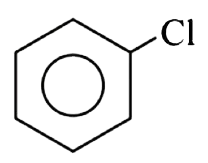 B
B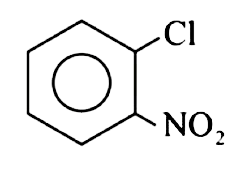 C
C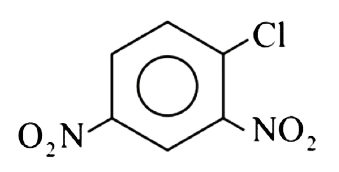 D
D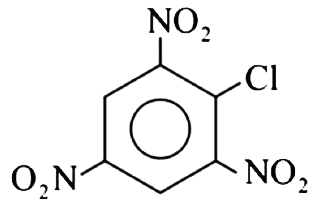
Which of the the following esters gets hydrolysed most easily under alkaline conditions?
A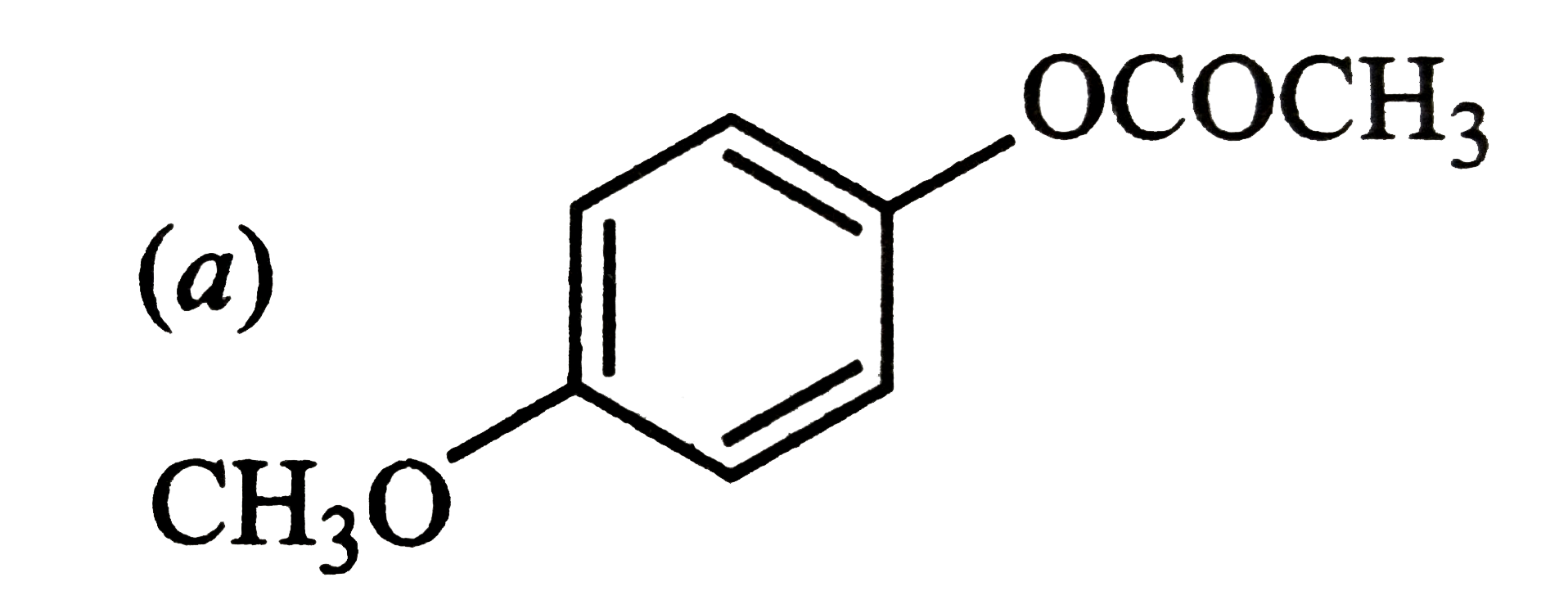 B
B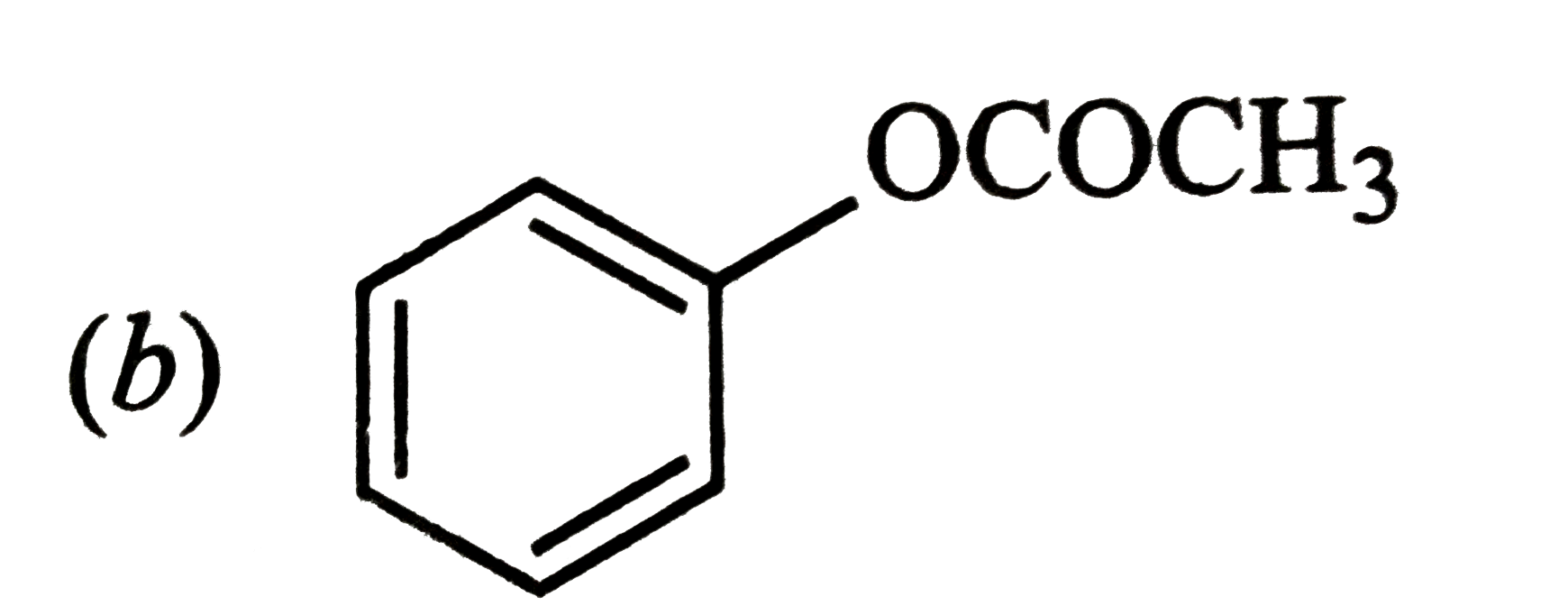 C
C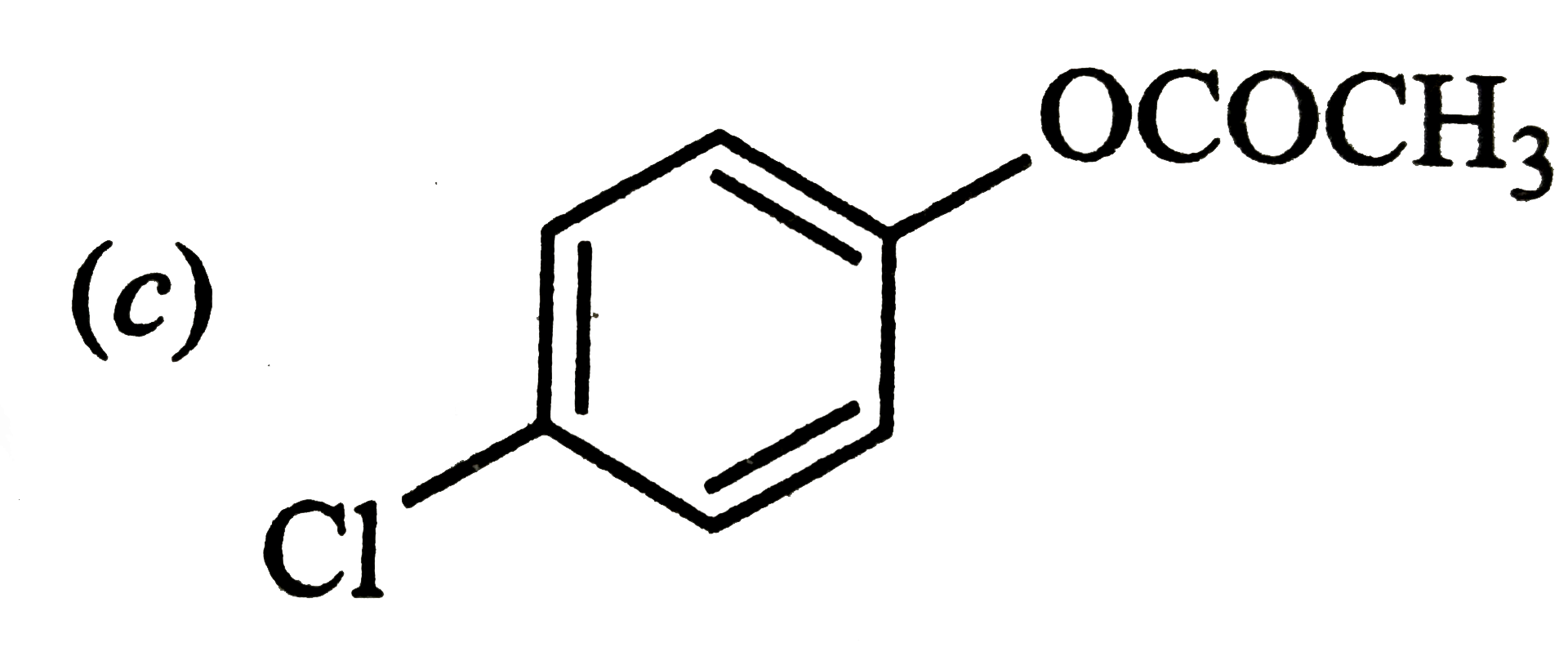 D
D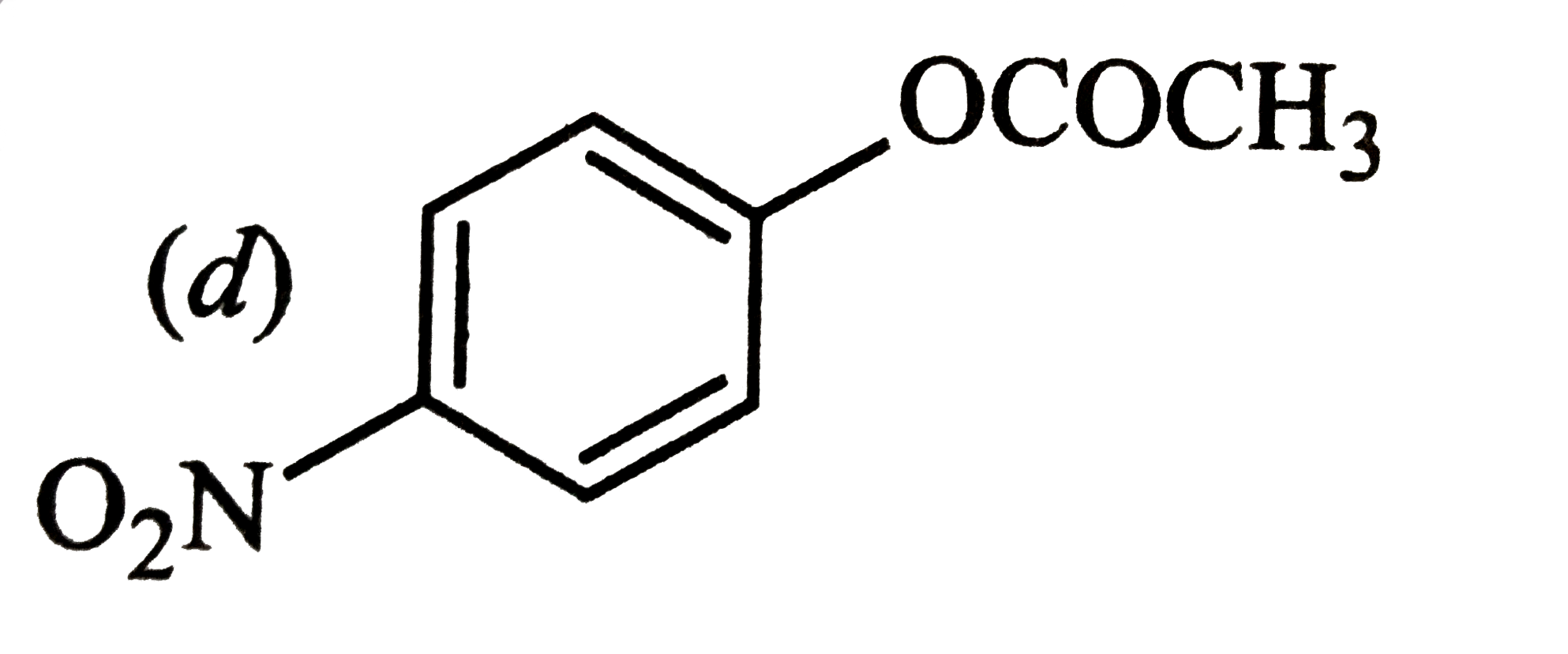
Which of the following undergoes Hydrolysis most easily:
A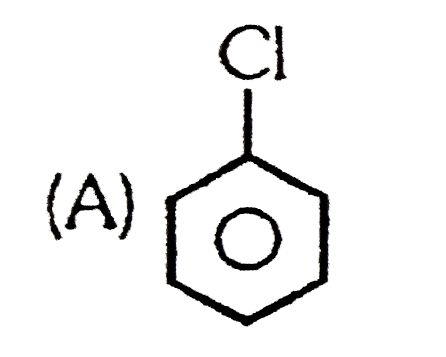 B
B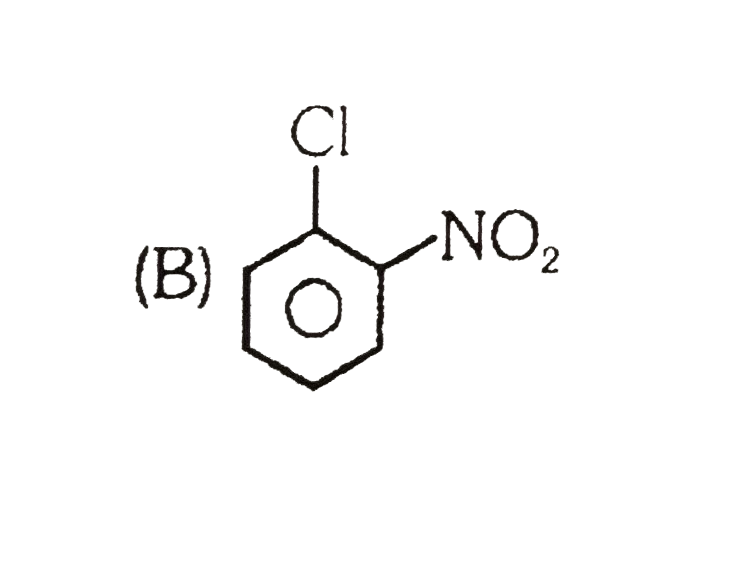 C
C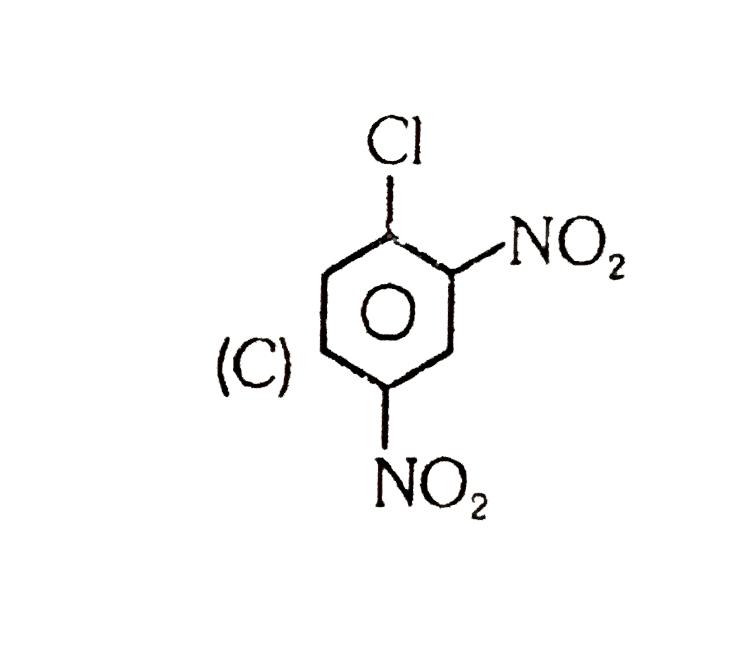 D
D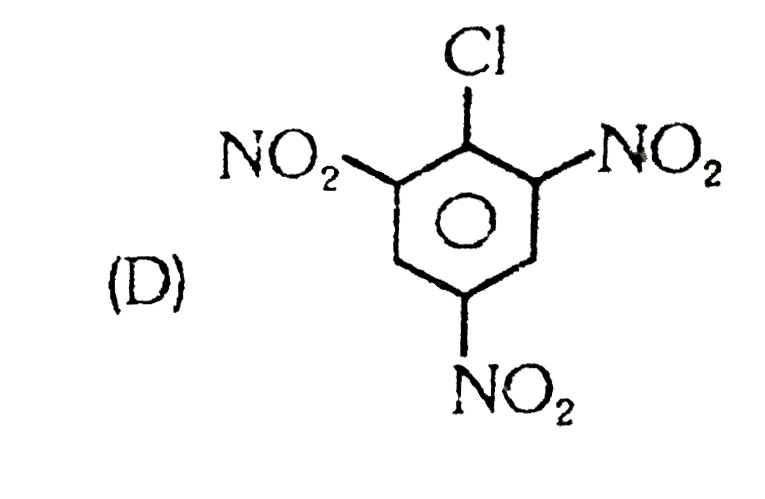
Which of the the following esters gets hydrolysed most easily under alkaline conditions?
View SolutionWhich of the trichlorides is hydrolyzed most easily?
View SolutionOn heating which of the following releases CO2 most easily?
View SolutionWhich of the the following esters gets hydrolysed most easily under alkaline conditions?
View SolutionWhich one of the following esters gets hydrolysed most easily under alkaline conditions?
View Solution
